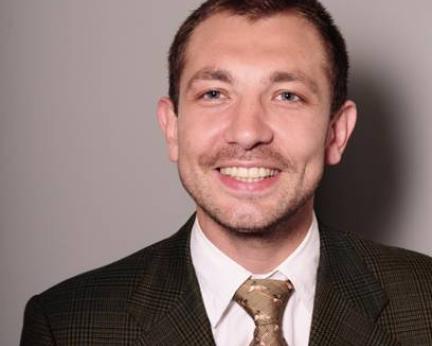I look after one ward of 18 medium-secure patients, who are generally with us for between two and four years. The ward provides secure treatment for offenders with severe mental health problems including schizophrenia, personality disorders and psychotic depression.
About 85% of our patients have committed a serious act of harm, such as grievous bodily harm, sexual offences, arson, murder or attempted murder and pose significant risk to the public. They also suffer from mental illness, which is why they are here in the clinic rather than in prison.
My day starts at 9 am with a ward round, where I review patients with our multidisciplinary team – this includes doctors in training, nurses, social workers and occupational therapists. I generally focus on our more unwell patients, who may be demonstrating physical and or verbal aggression. Once a fortnight I hold a more detailed ward round, and meet each patient individually. I also offer a day-time emergency on-call for four wards one day a week, and a night-time on-call 1 in 18.
Patients are often acutely unwell when they arrive on the ward. Initial assessments usually take 10-12 weeks. Treatment involves a combination of medication and psychotherapy. I also conduct in-depth risk assessments and ensure robust plans are in place to ensure the offending behaviour doesn’t reoccur.
I also work closely with our clinical psychologists and occupational therapists who provide individual and group therapies/activities. Monitoring the effectiveness of medication and therapy are important aspects of my job.
Each patient has a care plan and the aim is to move towards discharge into low secure accommodation such as a community forensic hostel.
As well as working on the wards I also visit prisons to undertake independent assessments for the courts and justice system. The job also involves lots of meetings - for new patient referrals, multidisciplinary discussions and clinical governance and audit matters.
My job also includes lots of contact with many outside agencies including the police, courts, social and probation services. I also supervise junior colleagues, conduct research and support other psychiatric colleagues.





